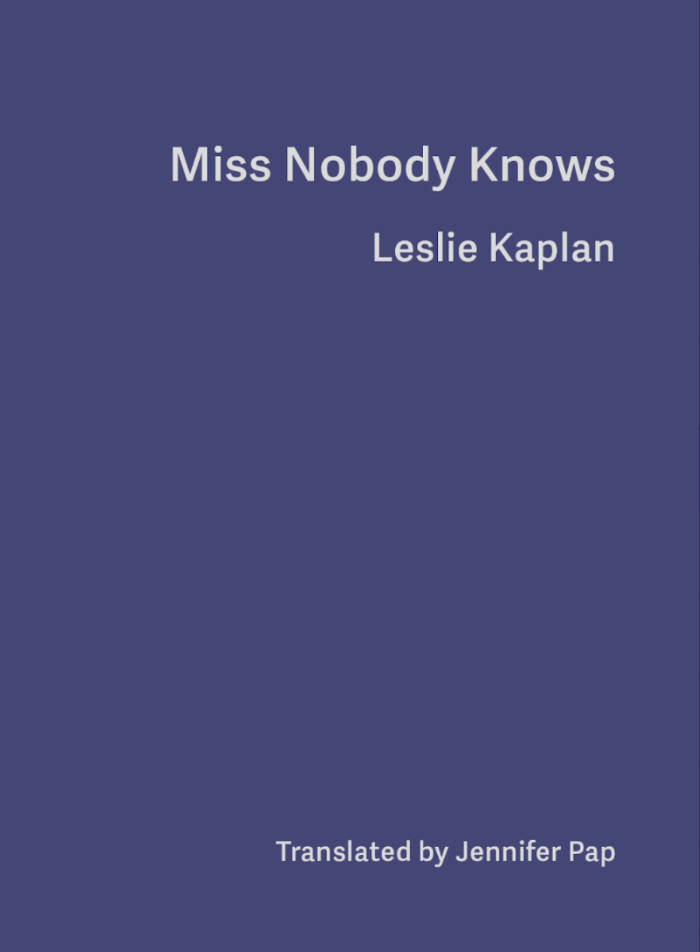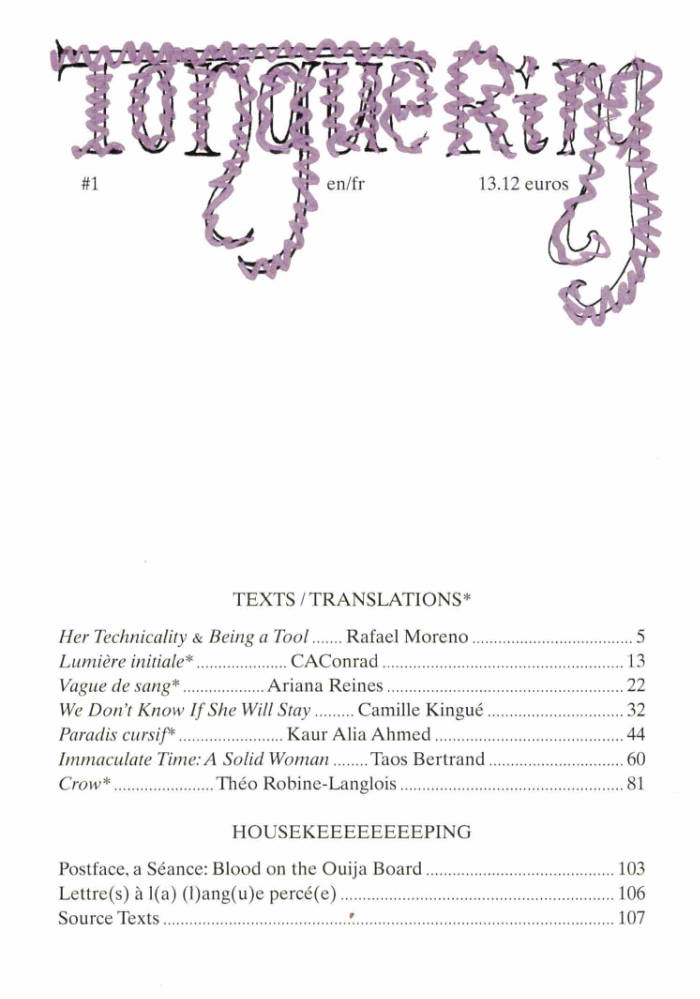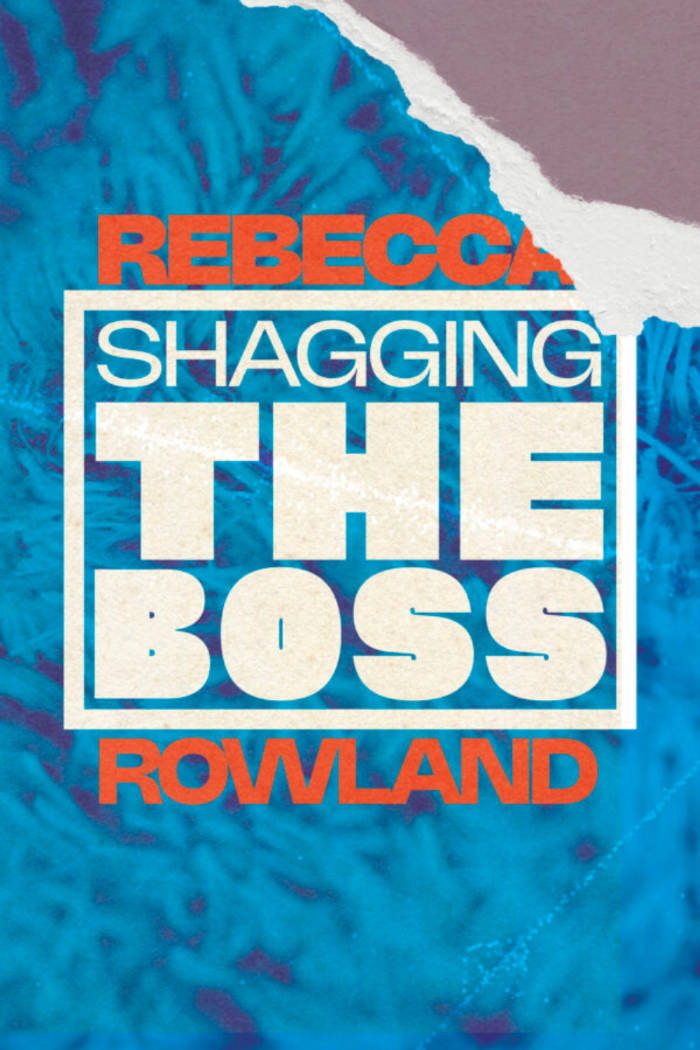
Lagoon
Part prose poem, part reflection on the relations between writing and place, Lagoon tells the story of the slow undoing of an idyll. In it the narrator walks for hours during long summer nights, gazing through the windows that line the streets. In between, she reflects on how she might write about the shifting space of the lagoon, where she spent summer holidays with her family years ago. In adolescence, the narrator watches quietly as her mother, father and sister go about building their holiday home. But she can sense something is awry, she just does not fully understand what.
Lagoon is the first novella by McCulloch.
Lagoon by Samantha McCulloch is the first title in Kunstverein Amsterdam's new imprint called First Drafts, which, inspired by artist and publisher Anne Turyn, celebrates experimental and commercially unviable work by publishing completed manuscripts that haven’t yet found a home in their first draft form. Importantly, each title is also the first attempt by the author to write in that particular form, or, to write at all.






